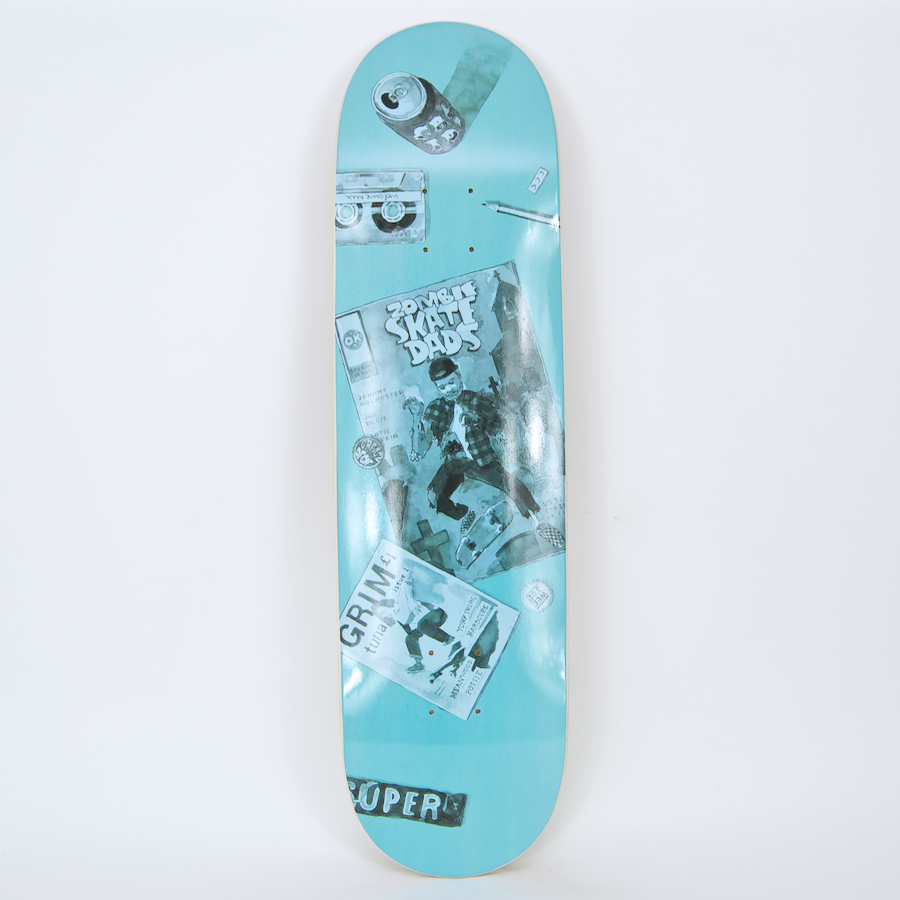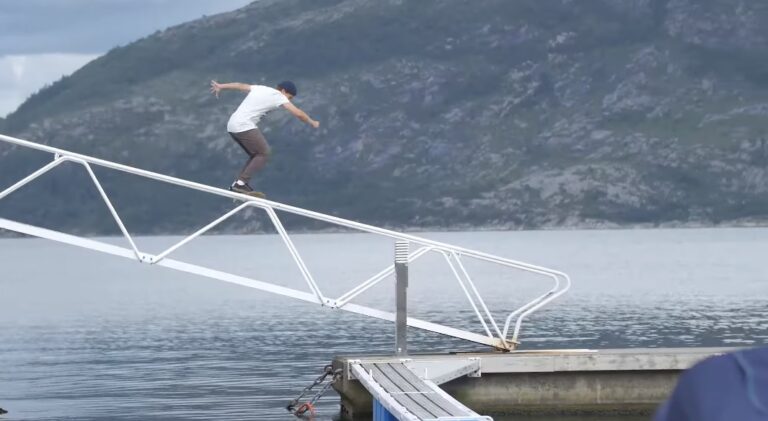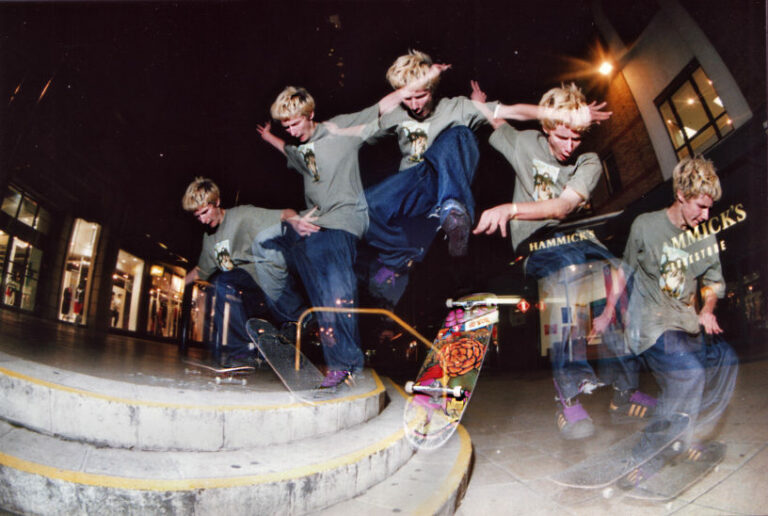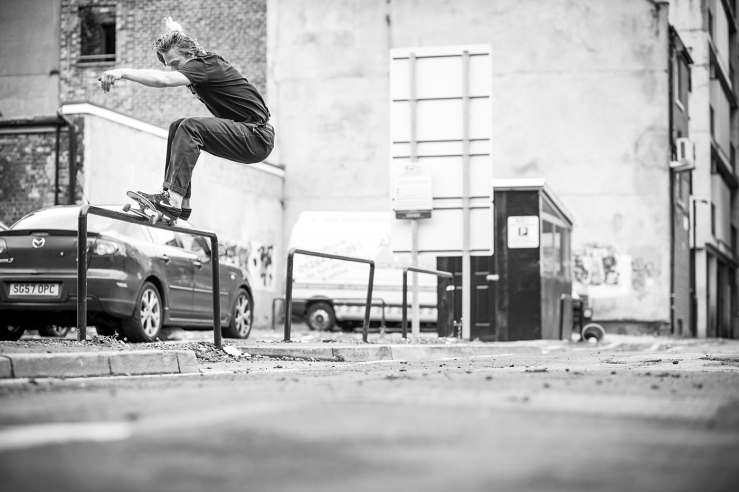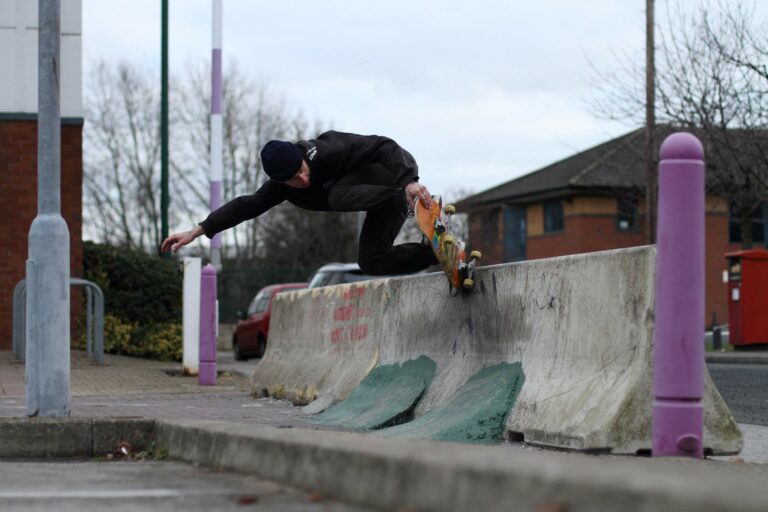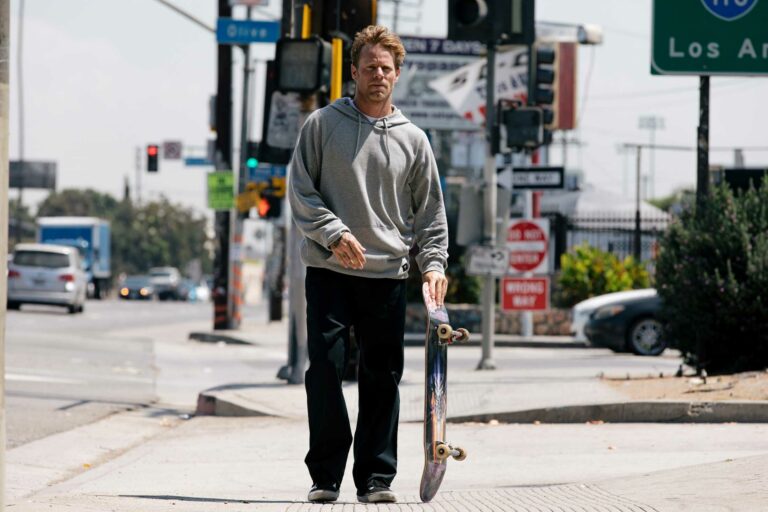Text by Jono Coote
Illustrations by Martyn Hill
Last Thursday, I decided to brave the UK’s private rail network despite talk of heavy frozen precipitation and said network’s well documented inability to deal with that form of weather (alongside non-frozen participation, leaves and ‘the wrong kind of sun’), in order to attend the Welcome Skate Store skate pub quiz taking place in Tall Boys Beer Market – a craft beer shop/café occupying the same small arcade in Leeds city centre as Welcome. The success of the night got me reflecting on how many collaborations between independent businesses, freelance artists/musicians and generally creative types take place throughout Leeds – a network of decidedly ‘grass roots’ partnerships which obviously take place in cities all over the country, but which I’m way more connected to in Leeds than other places due to the amount of time I lived up there for.
Independent businesses offer up so much of what makes a city unique besides just putting on these kind of events, I decided that while I was there it would be worth talking to the guys from Welcome as well as two of the other shops in Thornton’s Arcade operating similar but distinct businesses who have worked with Welcome in the past –Tall Boys and OK Comics. The three groups’ regular work together – both in the skate scene through Welcome and in the wider network of creatives operating in Leeds – made them seem like the perfect group to examine the network of community which can stand in opposition to the bland, prefabricated store fronts of big businesses on the high street, as well as the unashamed corporate greed which is the driving force behind the majority of them.
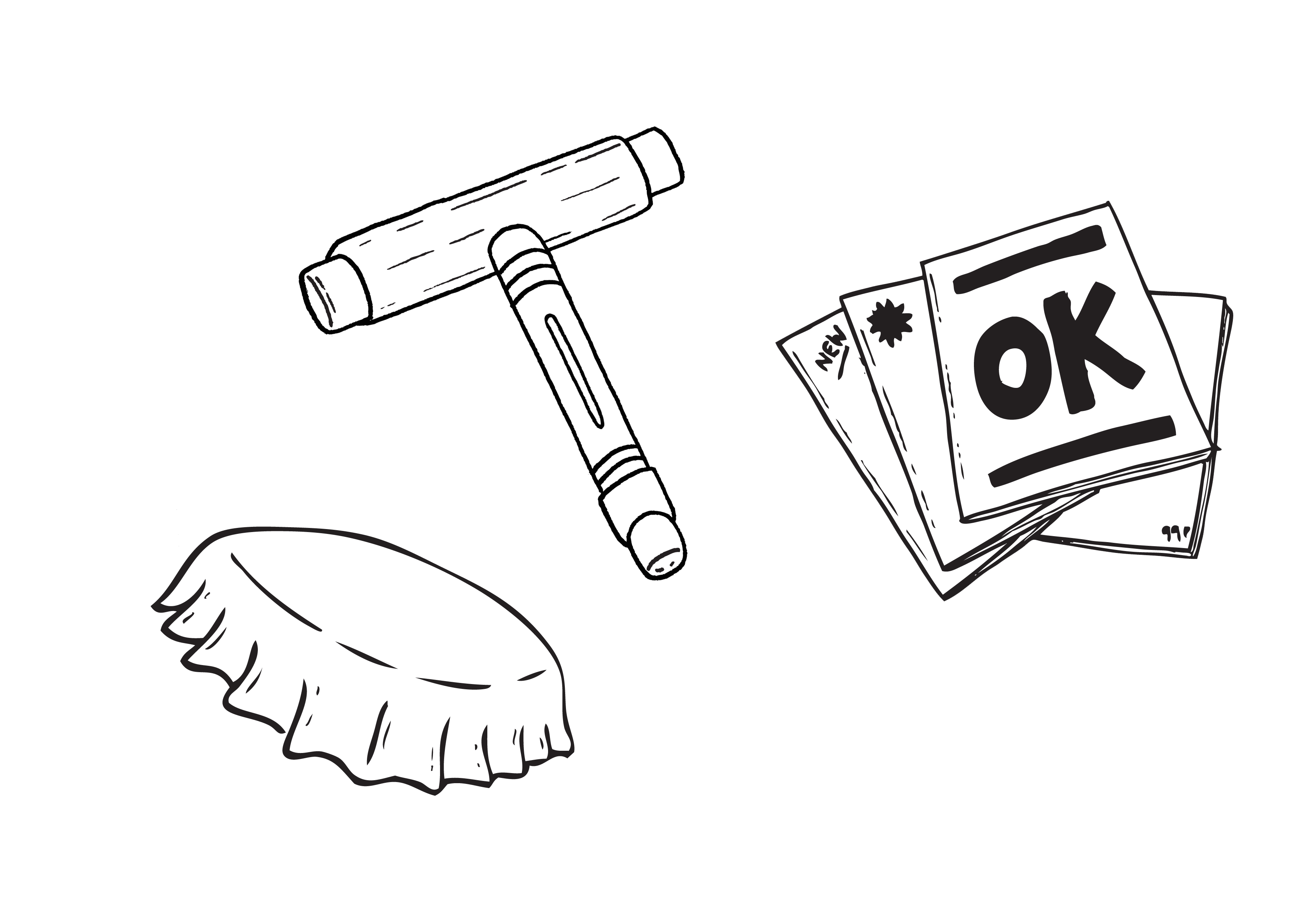
We (me, Sam Barratt and Tom Brown from Welcome, Jared Myland from OK Comics and Cody Barton from Tall Boys) convened our varying levels of hangover in the upstairs café area in Tall Boys, where the Skate Pub Quiz of 2017 had taken place the night before, to talk about how they all came to know each other and work together within the arcade. ‘Through their customers’ seemed to be the general consensus.
Cody: A lot of our customers are the link between us. The fact that we all get on is just a bonus, and makes anything we do easier because we’re all quite casual about it, but it is all customer focused. It’s giving them something to do or buy or even just show an interest in.
Tom Brown: I think we all appreciated that each of us was involved in a culture – whether it’s craft beer, comics or skateboarding, they’ve all got a scene around them. A scene where people appreciate something a little different, like a collaboration board, beer, book or whatever.
It is those involved in these cultures who are offered a space to meet, lurk and formulate new ideas and projects by shops like these – something which, even if you wanted to do in a chain store, would be unlikely to go down well. Imagine explaining to the security guard at TK Maxx that you had ‘just popped down to hang out with your mates’, or sitting on a sofa in Waitrose to skin up.
Sam: If you don’t have the independents then you have the same fucking shops in every city. What does that offer? There’s no character, no personality, those companies don’t bring anything to the city other than commerce.
Cody: The thing I like about independents is that they always bring a sense of locality to a city. You can go into any major store and buy something, but you go into a skate shop, a comic shop, a beer shop, have a chat and sit down and you know that when you come back, you’ll probably chat to them again.
“If you don’t have the independents then you have the same fucking shops in every city. What does that offer? There’s no character, no personality”
Jared: No one goes to Manchester and comes away saying ‘What a fantastic Primark’, but people will come to Leeds and say I’ve been to that awesome skate shop, awesome beer shop. I was talking to a guy yesterday who said that 95% of stores of businesses on the high street are big businesses and the rest are independents – it’s that 5% that makes any city different to any other city.
Those 5%, made up of record stores, skate shops, bars, comic shops, cafes and the like may be an integral part of a city’s make up, but they can often become victims of their own success – improving an area with their presence and in the process causing landlords and councils with an eye for profit over community to start hiking rent prices faster than you can say Brixton. If, as Ocean Howell’s much quoted essay posits, skateboarders are the ‘stormtroopers of gentrification’, then the independent store is surely the logical next step and more than one skate shop has been lost to rising rent prices in recent years. Speedway Mag’s recent interview with Dave Mackey sees him list rising rent in Liverpool as one of the reasons for Lost Art’s brief closing of doors (before re-emerging as The Useless Wooden Toys Society), as does Parlour’s shop closing statement earlier this year.
Cody: It’s interesting, they shout about us when it suits them but they never look after us…
Tom: We’ve no negotiation for rent, when the landlords put the rent up we don’t have a team of lawyers to consult. That goes on to sharing information – for all of us this is our first business. But our sales system, the only reason we use that is because Cody and the guys Tall Boys started using it and showed us how to. We share information and we’re so open and honest about what rent we’re paying…
Cody: When you’re struggling too, it’s good to know what’s going on with the others – it lets you know where you are.
This is not the Welcome Video (2015)


